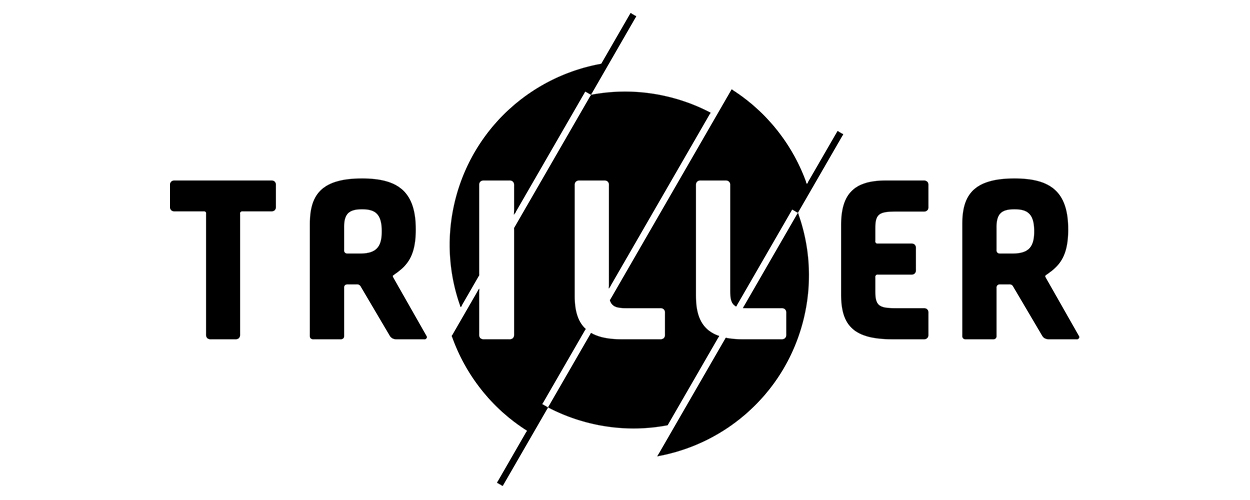This website uses cookies so that we can provide you with the best user experience possible. Cookie information is stored in your browser and performs functions such as recognising you when you return to our website and helping our team to understand which sections of the website you find most interesting and useful.
CMU Digest
CMU Digest 08.02.21: Triller, streaming inquiry, Viagogo, VAT cut, AWAL
By Chris Cooke | Published on Sunday 7 February 2021

The key stories from the last week in the music business…
Universal Music announced it was pulling its catalogue from Triller and accused the video-sharing app of withholding payments and refusing to negotiate a new licence. It’s thought all three majors initially entered into relatively short-term experimental licences with the app which including taking equity in the Triller business. Clearly talks to agree a more long-term licence are not going very well. Triller expressed surprise at Universal’s announcement and hit back at the major’s criticisms. It also suggested that because it has direct relationships with some key Universal artists it can operate fine without a new licensing deal, although losing access to the major’s catalogue would surely be problematic. [READ MORE]
Indie labels gave evidence as part of the UK Parliament’s ongoing inquiry into the economics of streaming. Reps from Beggars, Jazz Re:freshed and AIM were asked similar questions to the UK bosses of the major record companies, allowing us to see where the majors and indies agree and disagree. Like the majors, the indies aren’t keen on a shift to user-centric royalty distribution, the payment of Performer ER on streams, or a change to the law to stop life-of-copyright assignment deals. However, it was argued that some of the issues raised by artists regarding streaming are the result of the majors unfairly interpreting and applying pre-digital contracts. If they followed Beggar’s lead on things like paying a standard streaming royalty rate on all catalogue and writing off debts artists owe a label after fifteen years – it was argued – then some of those issues could be addressed without measures like ER and the termination of life-of-copyright assignments. [READ MORE]
Viagogo was ordered to sell all but the North American StubHub business by the UK competition regulator. The Competition & Markets Authority concluded that Viagogo’s $4 billion acquisition of its rival would give it far too dominant a position in the UK for-profit ticket resale market, potentially resulting in higher fees and poorer quality service for consumers. Although Viagogo denied its StubHub purchase raised competition law concerns, it actually proposed the sale of StubHub outside North America last year as a remedy to allay the CMA’s concerns. It’s a significant concession, although Viagogo mainly bought StubHub to boost its position in the lucrative North American market. The CMA said it would now oversee the sale of the international StubHub business. [READ MORE]
The UK live sector called on the government to extend the current VAT cut on ticket sales for three more years. The government previously cut VAT on tickets from 20% to 5% as a measure to help the live industry weather the COVID storm. However, the tax break is due to expire on 31 Mar. The live industry argues that because COVID restrictions are still in place, and have actually increased again in recent months, it hasn’t been able to really benefit from the VAT cut in the way that was originally intended. Therefore the discount should be applied for three more years, so that it runs for the rest of the pandemic and while the live sector recovers from the impact of the COVID crisis. It’s hoped Chancellor Of The Exchequer Rishi Sunak might announce an extension in next month’s budget speech. [READ MORE]
Sony Music bought Kobalt’s neighbouring rights agency and its AWAL distribution business. It further expands Sony’s operations in the artist services domain, it being the most prolific major on that side of the record industry, mainly through its The Orchard division. The AWAL and Kobalt neighbouring rights teams will become their own standalone unit within Sony, although that division will sit closely by and utilise the infrastructure of The Orchard. It was known that Kobalt was considering asset sales last year, and in November it also sold the catalogue that was owned by its Kobalt Capital business. Following the AWAL sale, Kobalt said there would be no more deals of that kind in the foreseeable future, and the company would now refocus its attention on its song rights business. [READ MORE]





